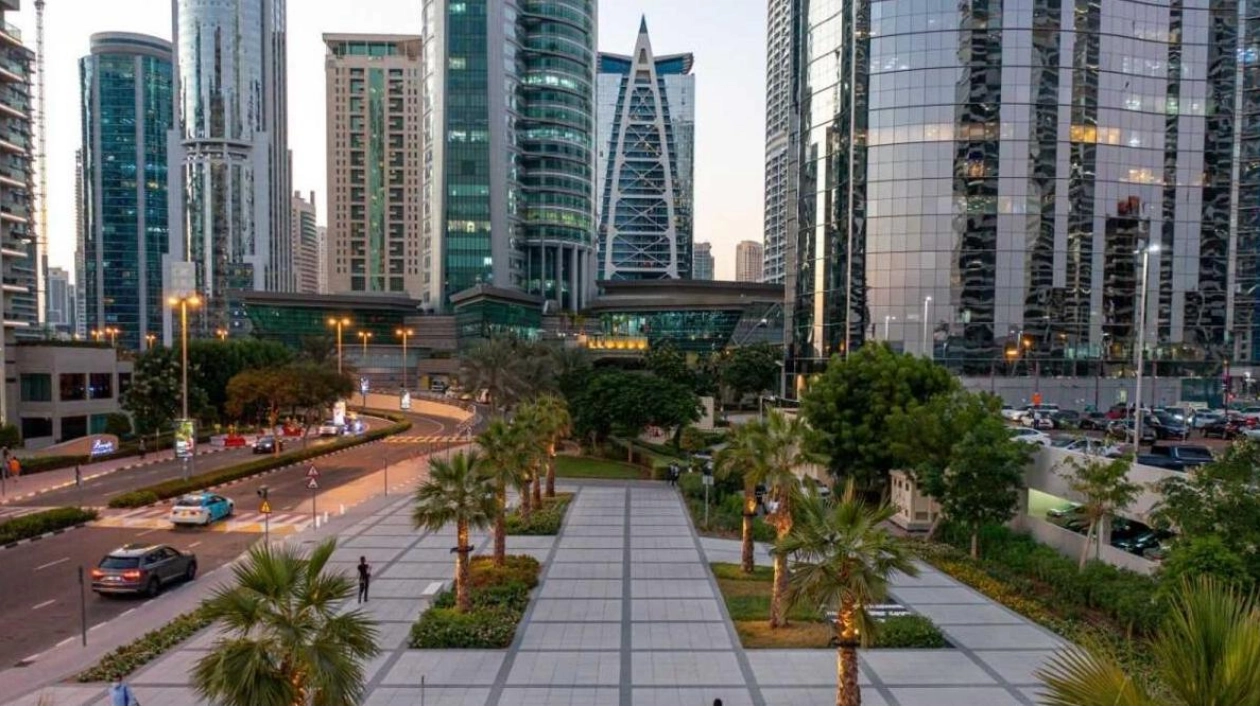The occupier market in Dubai and Abu Dhabi experienced high levels of activity in the first quarter, driven by increased demand due to a rise in new rental registrations.
In Dubai, occupier activity remained strong throughout the first quarter. Data from the Dubai Land Department indicated that the total number of rental registrations reached 46,850, marking a 35.8% increase compared to the previous year. CBRE Middle East, in its UAE Office Market Review for the first quarter of 2024, reported that the headline growth was mainly supported by a 51.1% increase in new rental registrations, totaling 34,461. Renewed contracts accounted for 12,389, reflecting a 6.1% growth from the previous year.
Despite the limited supply, free zone locations in Dubai continue to attract significant market activity in comparison to other global markets. To meet this escalating demand, developers are accelerating future developments across various free zone and non-free zone locations.
Demand in Dubai's occupier market encompasses a wide range of sectors, with notable interest from the financial services sector, particularly hedge funds and asset management firms.
In Abu Dhabi, some 10,475 rental contracts were registered, marking a 9.1% year-on-year growth. This growth was primarily driven by a 21.2% increase in new rental registrations, while the number of renewed contracts decreased by 5.1%.
Occupational demand in Abu Dhabi continues to originate from entities with direct and indirect government links, particularly in on-shore locations. However, the limited availability of quality stock represents a significant challenge. Consequently, several entities are considering build-to-suit options, especially within core CBD locations, to accommodate their future expansion plans.
Taimur Khan, head of Research Mena in Dubai, highlighted the sustained demand levels in the UAE's occupier market in the first quarter, driven by robust economic growth attracting occupiers to the country. Despite expected resolute occupier demand in the upcoming period, the scarcity of high-quality assets is likely to hamper potential market activity.
The average occupancy rate in Dubai's market segment reached 91.3% in Q1 2024, up from 90.1% a year earlier. This rise, coupled with the shortage of quality stock, continues to bolster rental rate growth. Average Prime, Grade A, Grade B, and Grade C rents in the first quarter of 2024 recorded year-on-year increases of 7.6%, 17.9%, 21.6%, and 16.8%, respectively.
Institutional-grade building occupancy in Abu Dhabi reached 94% in the first quarter of 2024, up from 92.5% in the previous year. These heightened occupancy levels continue to drive rental rate growth. Average Prime, Grade A, and Grade B rents in the year to Q1 2024 registered average growth rates of 6.6%, 3.4%, and 9.7%, respectively.






